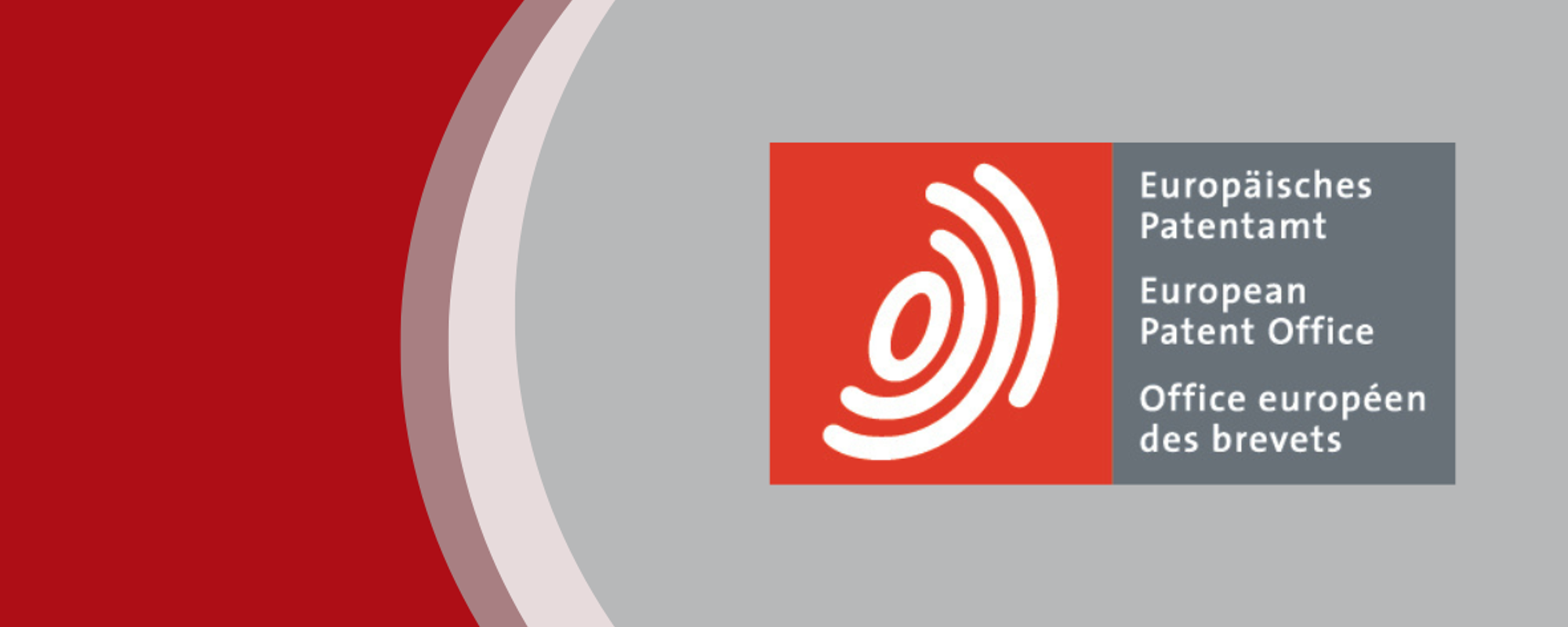
Tech Transfer Software Buyer's Guide…
Wellspring has published a free Tech Transfer Buyer’s Guide designed to help knowledge transfer offices evaluate…

Plastic waste has become one of the most pressing environmental challenges of our time. With plastics manufacturing still heavily reliant on fossil fuels and plastic pollution threatening ecosystems and human health, the need for innovative solutions has never been more urgent. Responding to this dual challenge — managing existing plastic waste and creating viable alternatives — the European Patent Office (EPO) has released a major new report: Plastics in Transition – Technologies for Plastics Waste Management (available here).
This comprehensive Technology Insight Report explores patent trends from 1975 to 2023, based on 12,924 international patent families (IPFs). It reveals how innovation in plastic waste management has outpaced most other technology sectors, growing 18-fold since 1990 — four times faster than the overall patenting trend. Notably, Europe has played a leading role, accounting for 44% of all related patents over the last three decades.
The report is accompanied by a new EPO technology platform that maps key developments in plastic waste recovery, recycling and alternative plastics. This interactive tool helps scientists, researchers and policymakers track technological shifts in real time. Through 70 searchable technology areas, it allows users to:
Jointly developed with 15 national patent offices, this resource offers one of the most up-to-date and accessible datasets on plastics innovation from a waste management and materials perspective.
Key technologies with high patenting activity include:
Advanced recycling techniques are now outperforming traditional mechanical methods. Sector-specific applications — such as packaging and textiles — are seeing particularly strong growth.
Two standout examples highlighted in the report illustrate Europe’s leadership:
From 2010 to 2023, 82 startups and 63 universities in Europe filed patents in plastics waste technologies. While startups lead in advanced recycling processes, universities are more active in exploring environmentally friendly materials and removal technologies. Top contributors include institutions in France, Germany, the UK and Sweden.
To connect inventors and investors, the EPO has updated its Deep Tech Finder to include 145 European startups and universities working in plastic waste innovation, offering insights into 306 patent applications.

Wellspring has published a free Tech Transfer Buyer’s Guide designed to help knowledge transfer offices evaluate…

The Falling Walls Global Call 2026 is open until 15 April. With dedicated categories for science engagement and…

LifeArc is accepting applications for its 2026–2027 Knowledge Transfer Innovation Fellowship, a one-year programme…
Join our newsletter and get the latest news